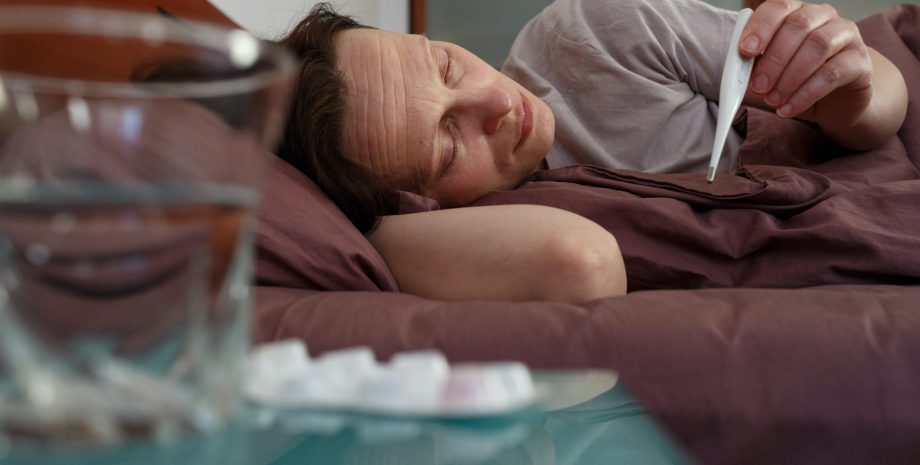

But, what should you do if coronavirus enters your house? And how do you stand the best chance of not spreading it to everyone who lives there?
Our coronavirus hotline, at 317.325-COVD (2683), is staffed with people who can provide answers and included below are some dos and don’ts for people who are living in the same house with COVID-19.
Do:
- Separate the sick from the healthy. Isolate the sick person, whether it’s you or someone else, in a “sick room,” away from others who live in the house. If possible, designate a separate bathroom, too.
- Clean and disinfect high-touch surface every day—phones, remote controls, counters, tabletops, doorknobs, bathroom fixtures, toilets, keyboards, tables, and bedside tables.
- Make sure everyone in the household is washing their hands frequently with soap and water (for at least 20 seconds) and using hand sanitizer (that’s at least 60 percent alcohol).
- Give the sick person a facemask to wear when others are in his or her room—and people who go in should also wear them. If real facemasks aren’t available, use bandanas or scarves.
- Call ahead before visiting a doctor’s office and wear a facemask when you go. But if you think you’ve got an emergency on your hands, see the next tip.
- Go to the hospital emergency room if symptoms change or worsen, especially if he or she experiences trouble breathing, persistent pain or pressure in the chest, confusion, bluish lips or face, or becomes difficult to arouse.
- Cut down on person-to-person contact by placing meals outside of the “sick room” door.
- Use acetaminophen to help manage COVID-19 symptoms.
- Have the sick person drink a lot of water and other hydrating beverages. And he or she should get a lot of sleep.
- Make sure everyone in the household covers their mouths when sneezing and coughing and washes hands with soap and water immediately afterward.
- Limit the sick person’s contact with pets. If you live alone and have to take care of them, wash your hands before and afterward.
Don’t:
- Touch your eyes, nose, or mouth with unwashed hands.
- Share dishes, drinking cups, silverware, bedding or towels with someone who is sick. And be sure to wash dishes with soap and water before putting them in a dishwasher. Separate dirty clothing, towels, and bedding in a bag or hamper before washing them with detergent and hot water.
- Give a person who is sick with COVID-19 Ibuprofen, aspirin, or other non-steroidal anti-inflammatories for your symptoms. These could make them feel worse.
- Have the sick person rest in a common area of your home, near other people. Instead, he or she should stay in an isolated room and, if possible, use a separate bathroom.
- Accept deliveries in person if you are sick. Instead, have the delivery driver leave items on the doorstep and don’t sign for anything with your finger on a tablet or use a pen that’s provided. Use your own pen and sanitize it when you’re finished.
- Use public transportation, ride sharing, or taxis.
These tips, which are based on guidelines from the Centers for Disease Control and Prevention, can especially help the 80% of people who contract COVID-19 and don’t experience serious symptoms. But if you have questions or trouble breathing or experience more serious symptoms, call our coronavirus hotline, 317.325-COVD (2683). And, remember, we’re all in this together!